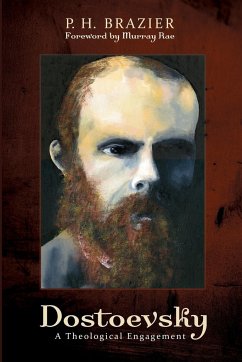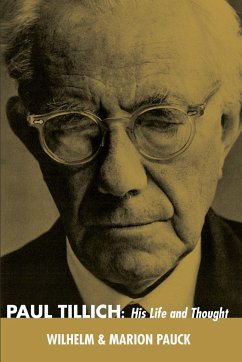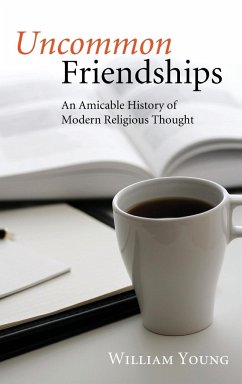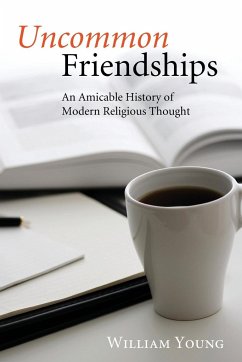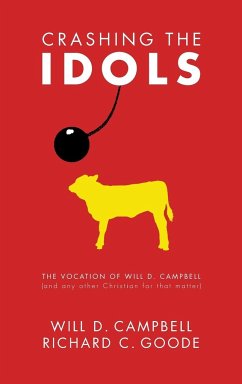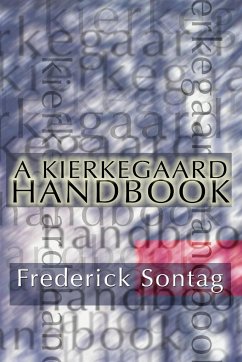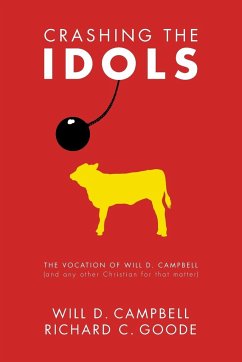As a writer and prophet Dostoevsky was no academic theologian, yet his writings are deeply theological: his life, beliefs, even his epilepsy, all had a role in generating his theology and eschatology. Dostoevsky's novels are riven with paradoxes, are deeply dialectical, and represent a criticism of religion, offered in the service of the gospel. In this task he presented a profound understanding and portrait of humanity. Dostoevsky's novels chart the movement of the human into death: either the movement through paradox and Christlikeness into Christ's cross (a soteriology often characterized by the apophatic negation and self-denial; what we may term "the Mark of Abel") leading to salvation and resurrection; or, conversely, the movement of those who refuse Christ's invitation to be redeemed, and continue to fall into a self-willed death and a self-generated hell (the Mark of "Cain"). This eschatology becomes a theological axiom which he unceasingly warned people of in his mature works. Startlingly original, stripped of all religious pretence (some prostitutes and criminals might just have a better understanding of salvation than some of the pietistic, wealthy, and cultured classes), Dostoevsky as a prophet forewarned of the politicized humanistic delusions of the twentieth century: a prophet crying out through the wilderness.

